
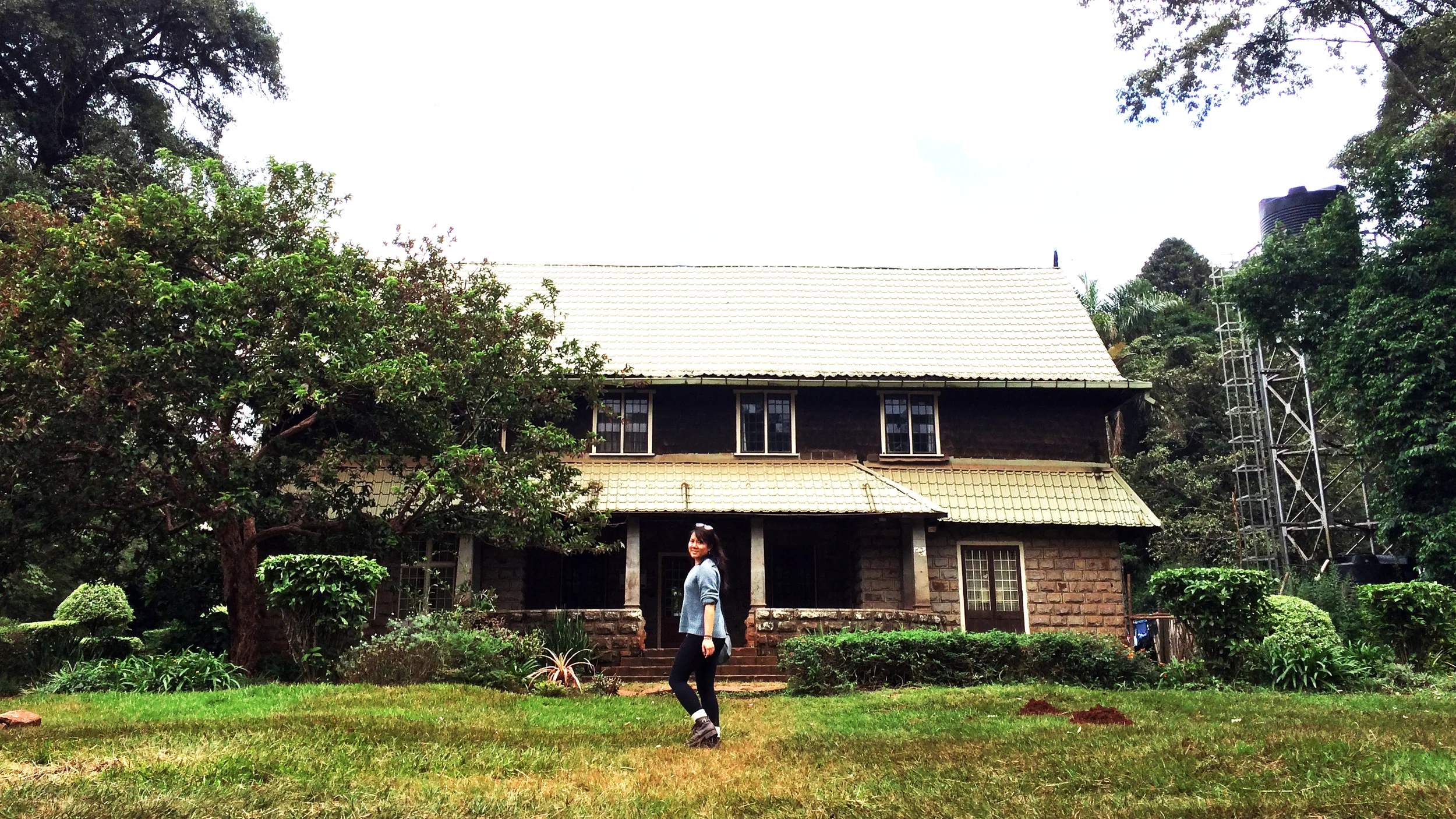
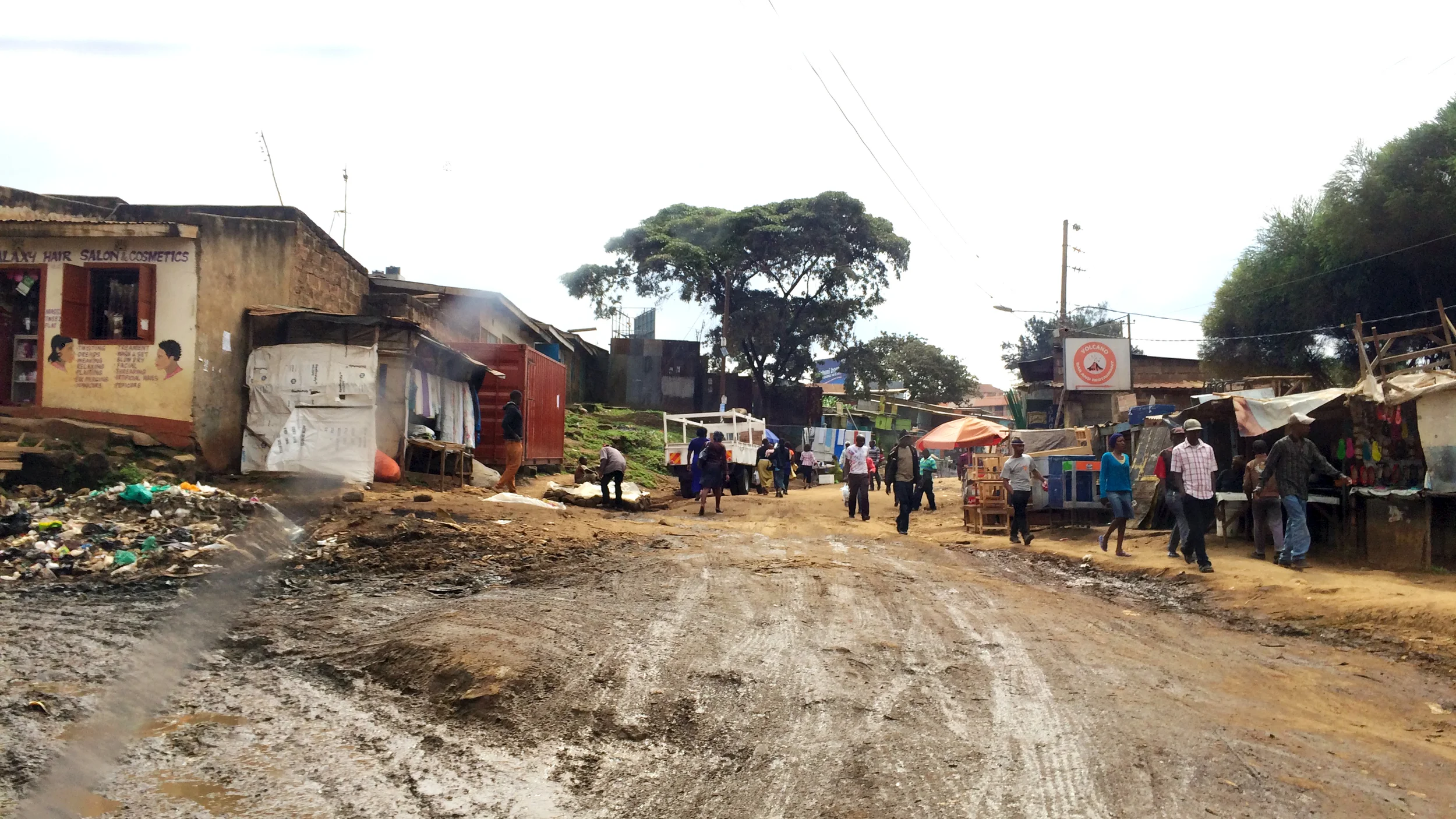
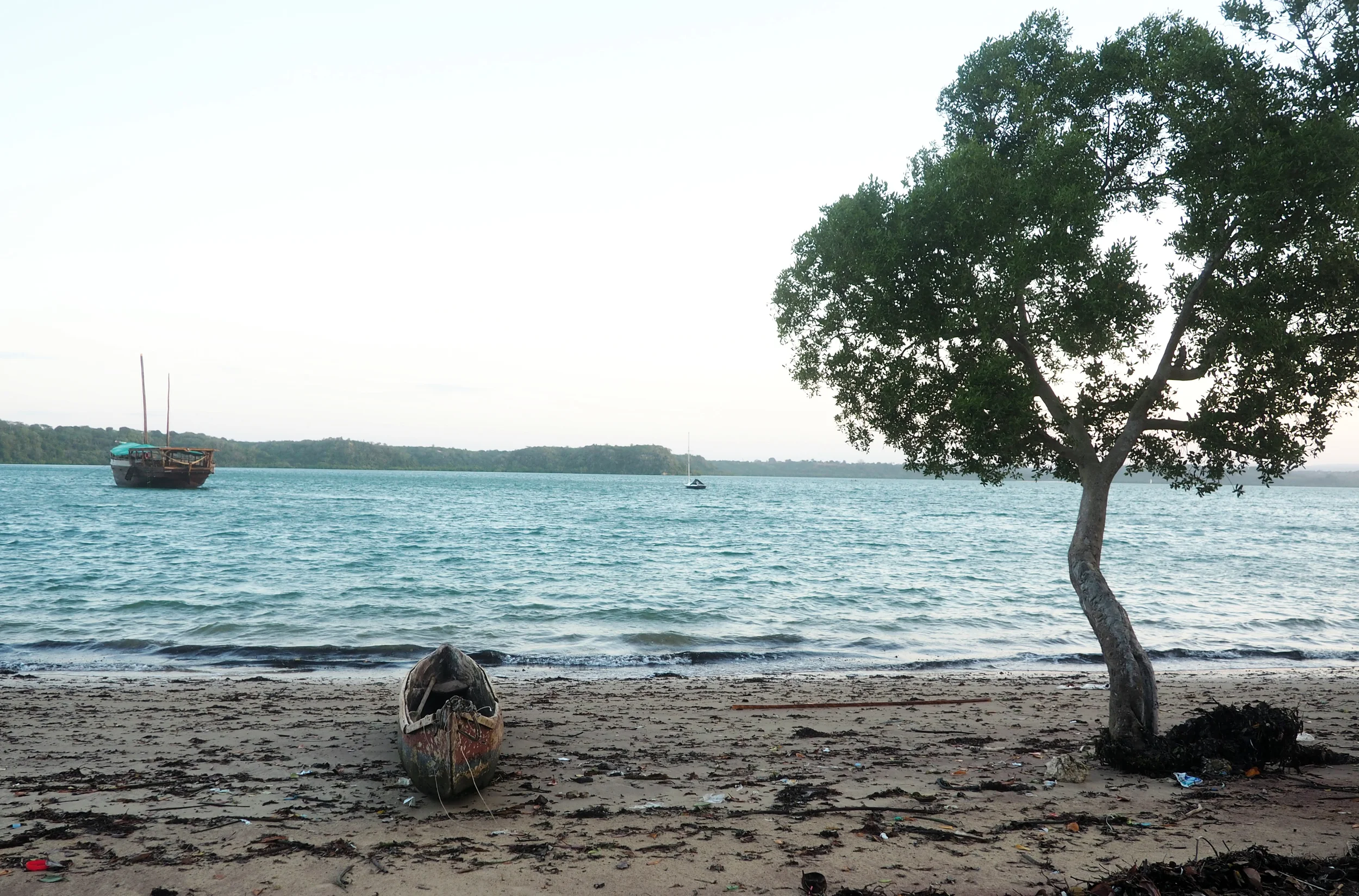
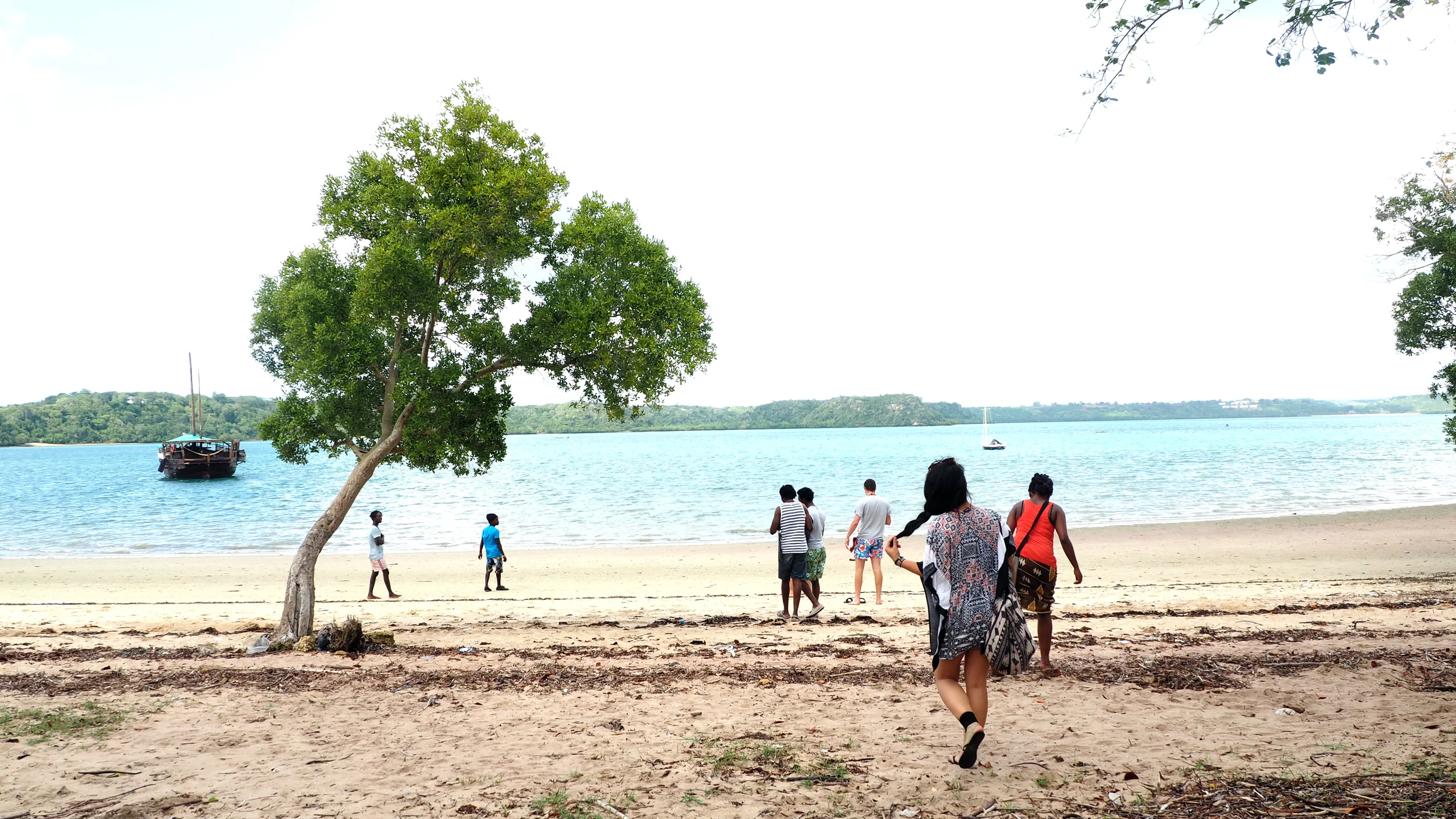

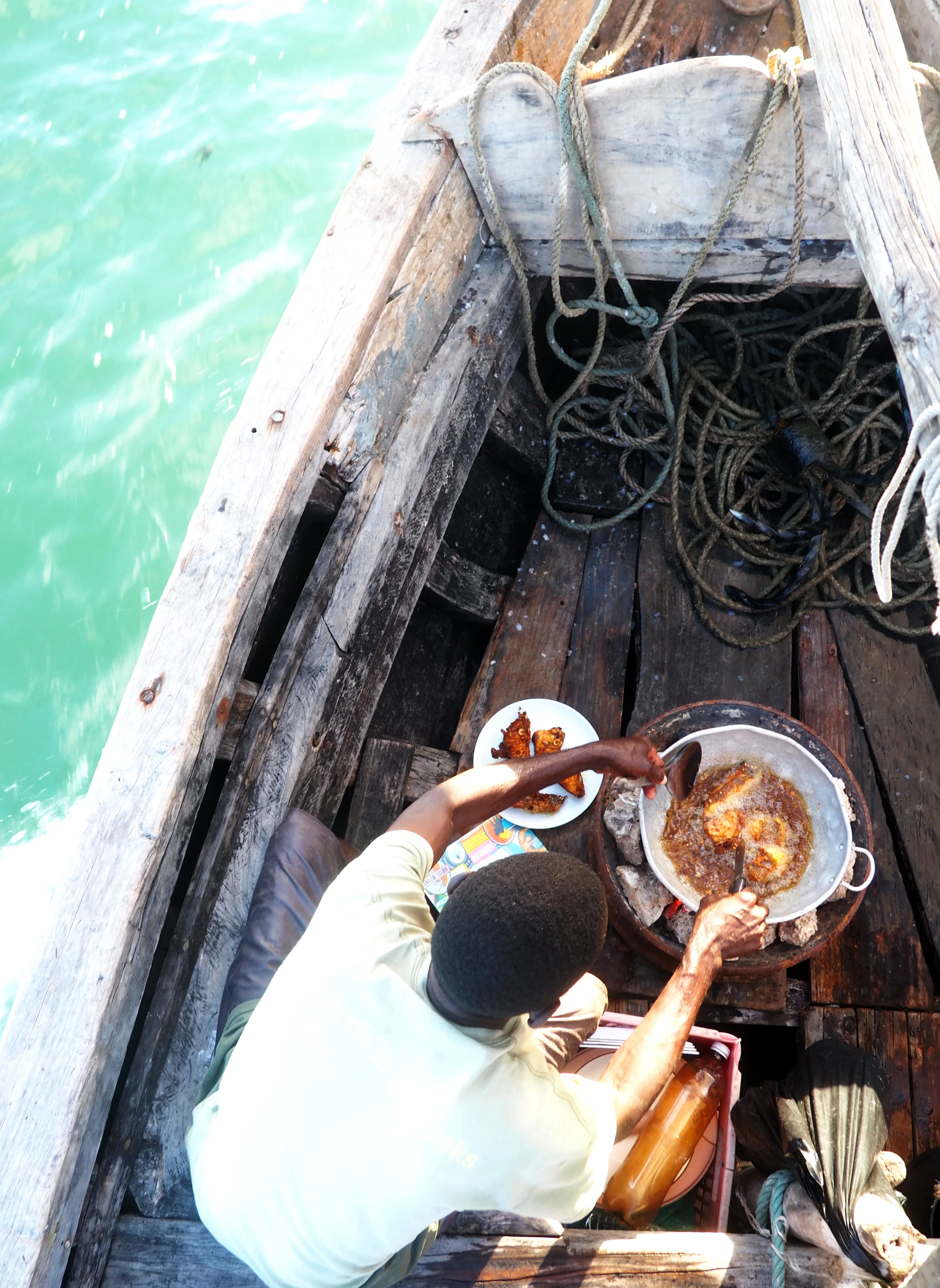
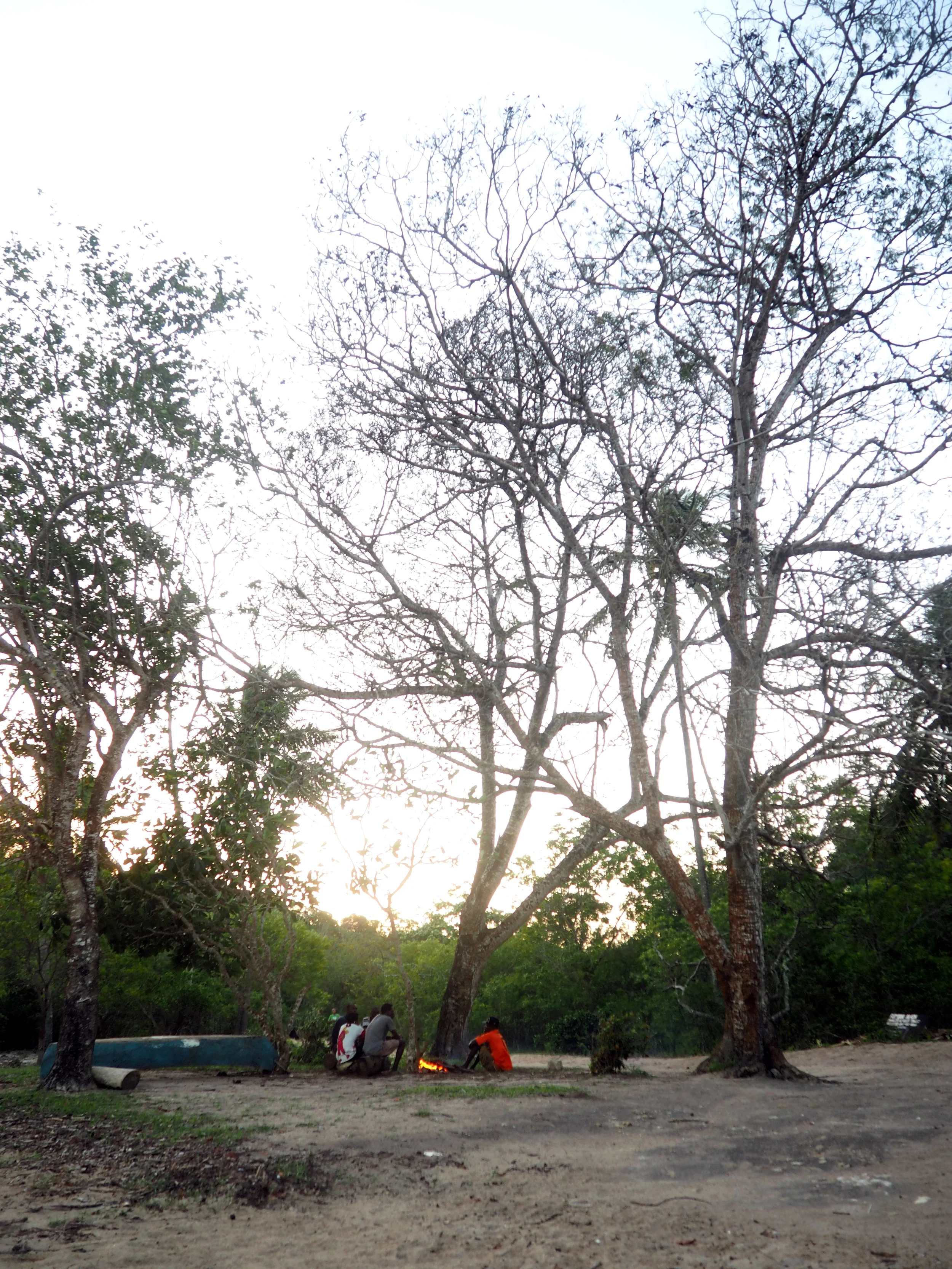




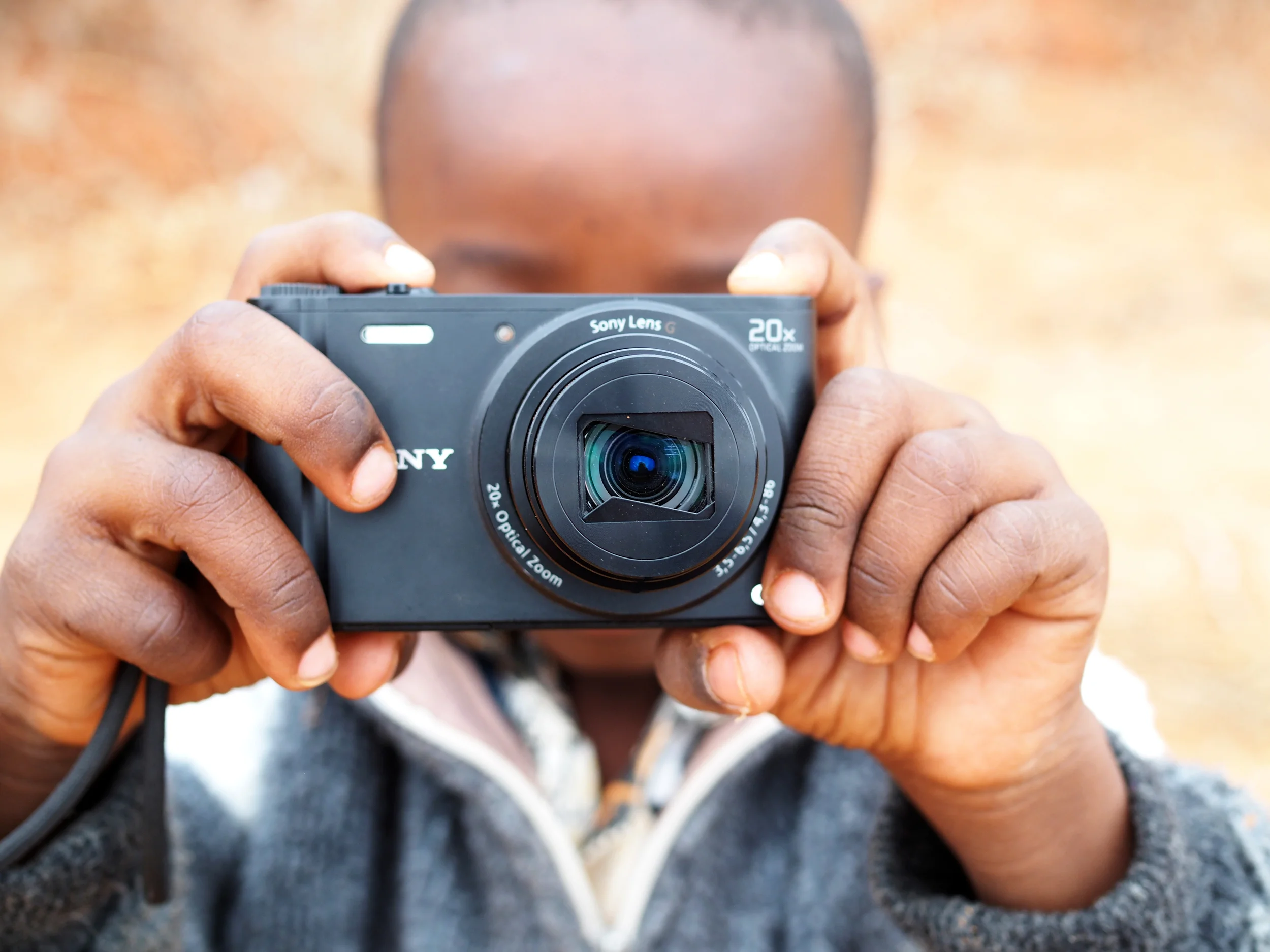
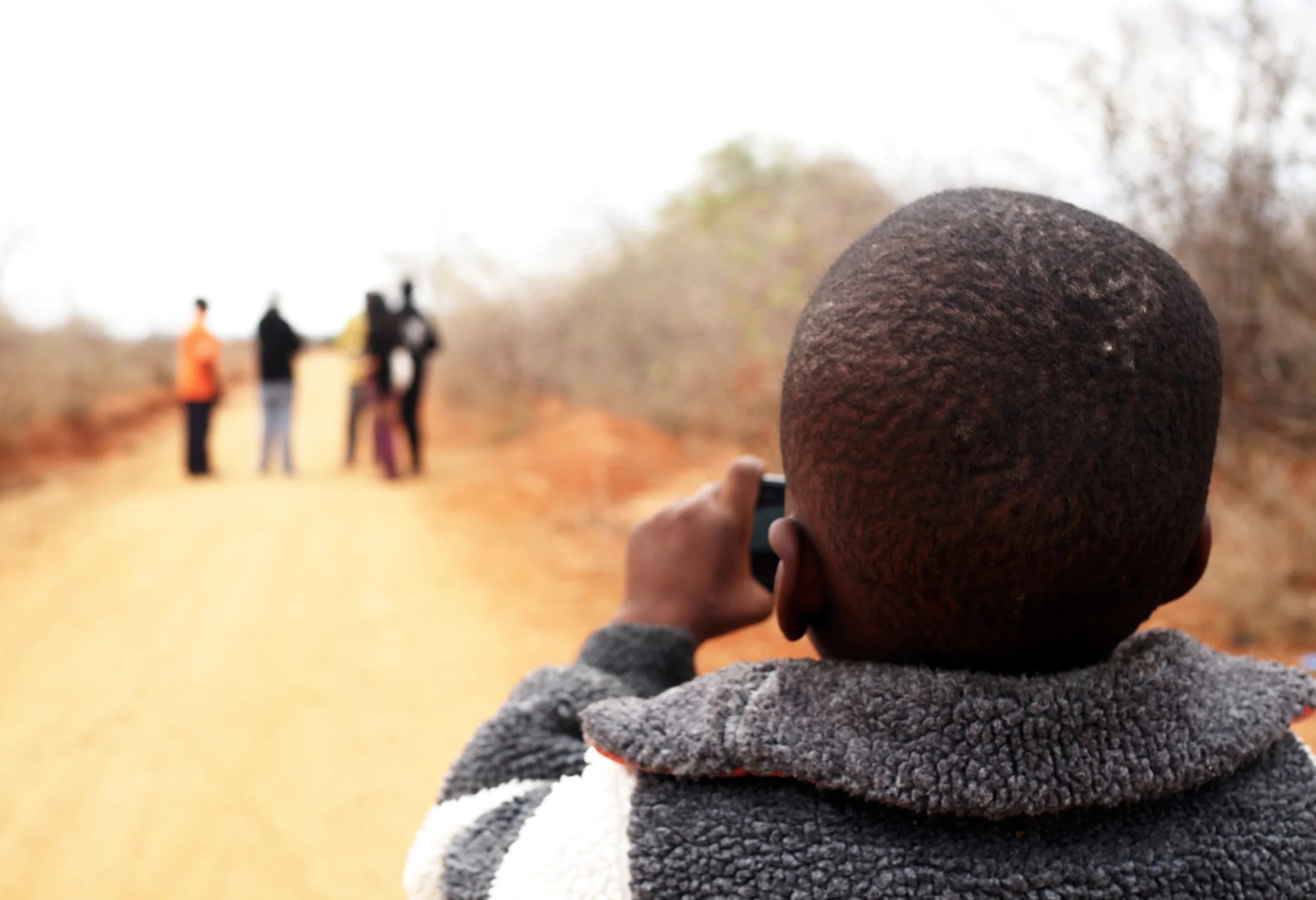


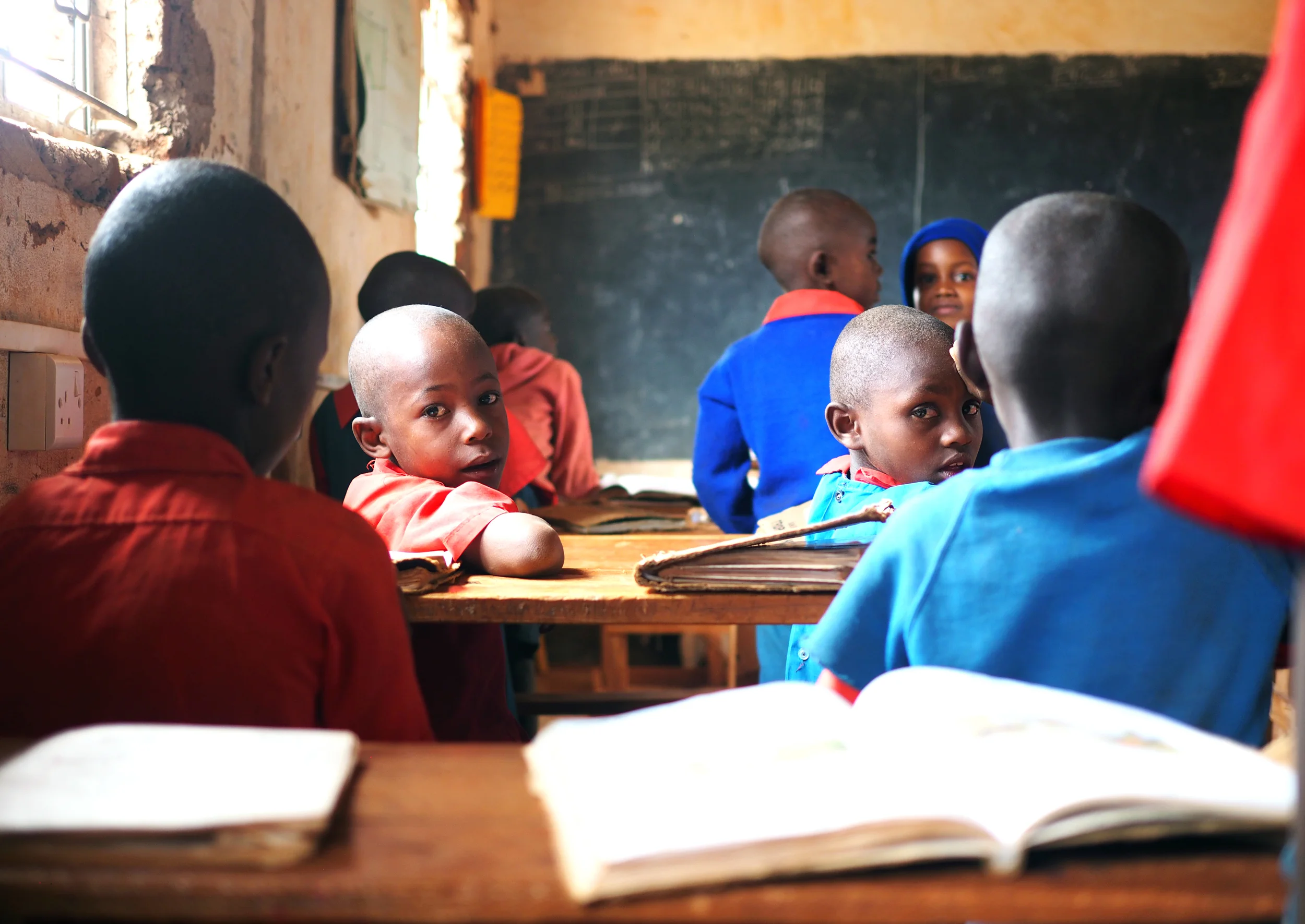
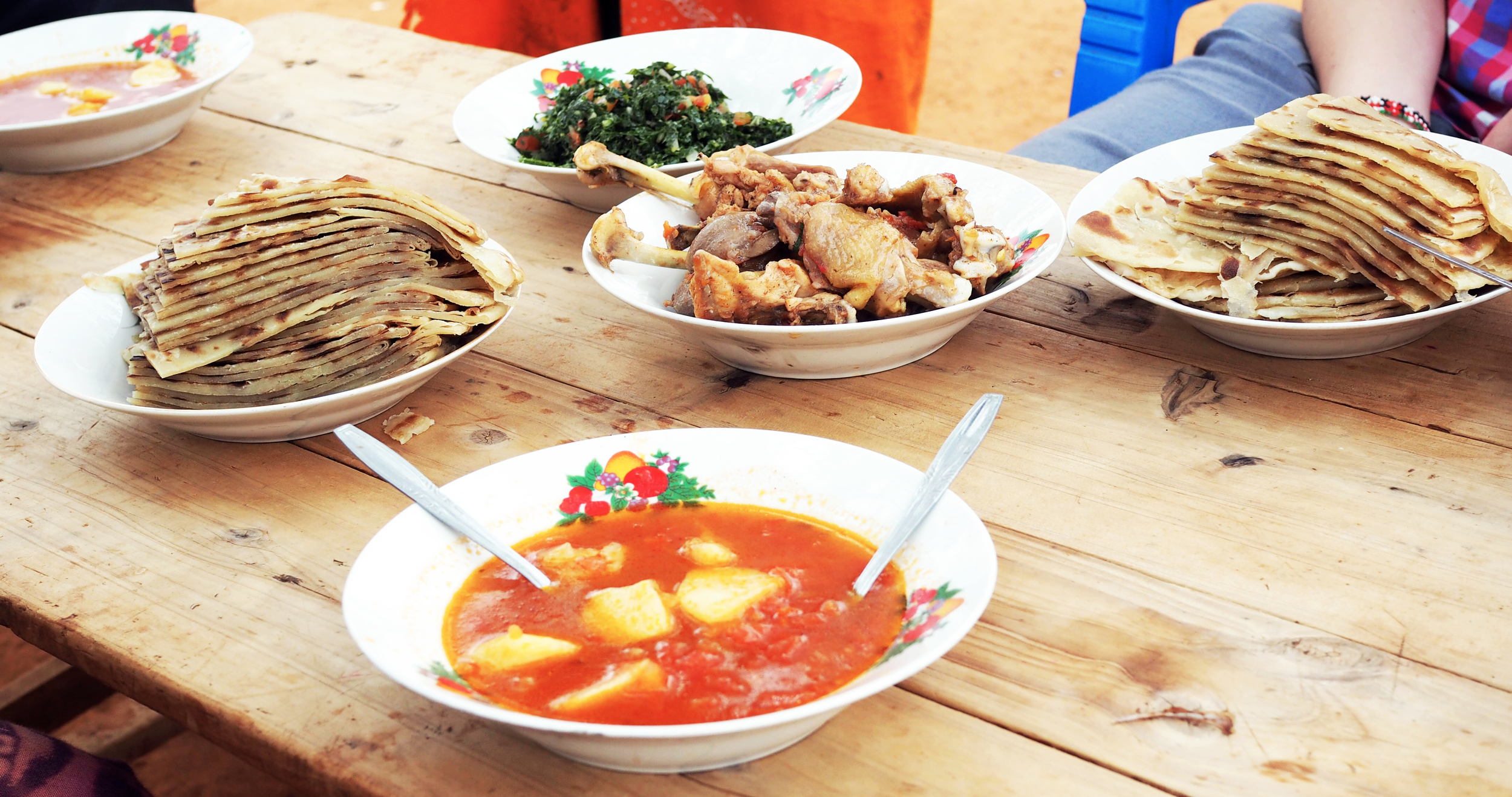

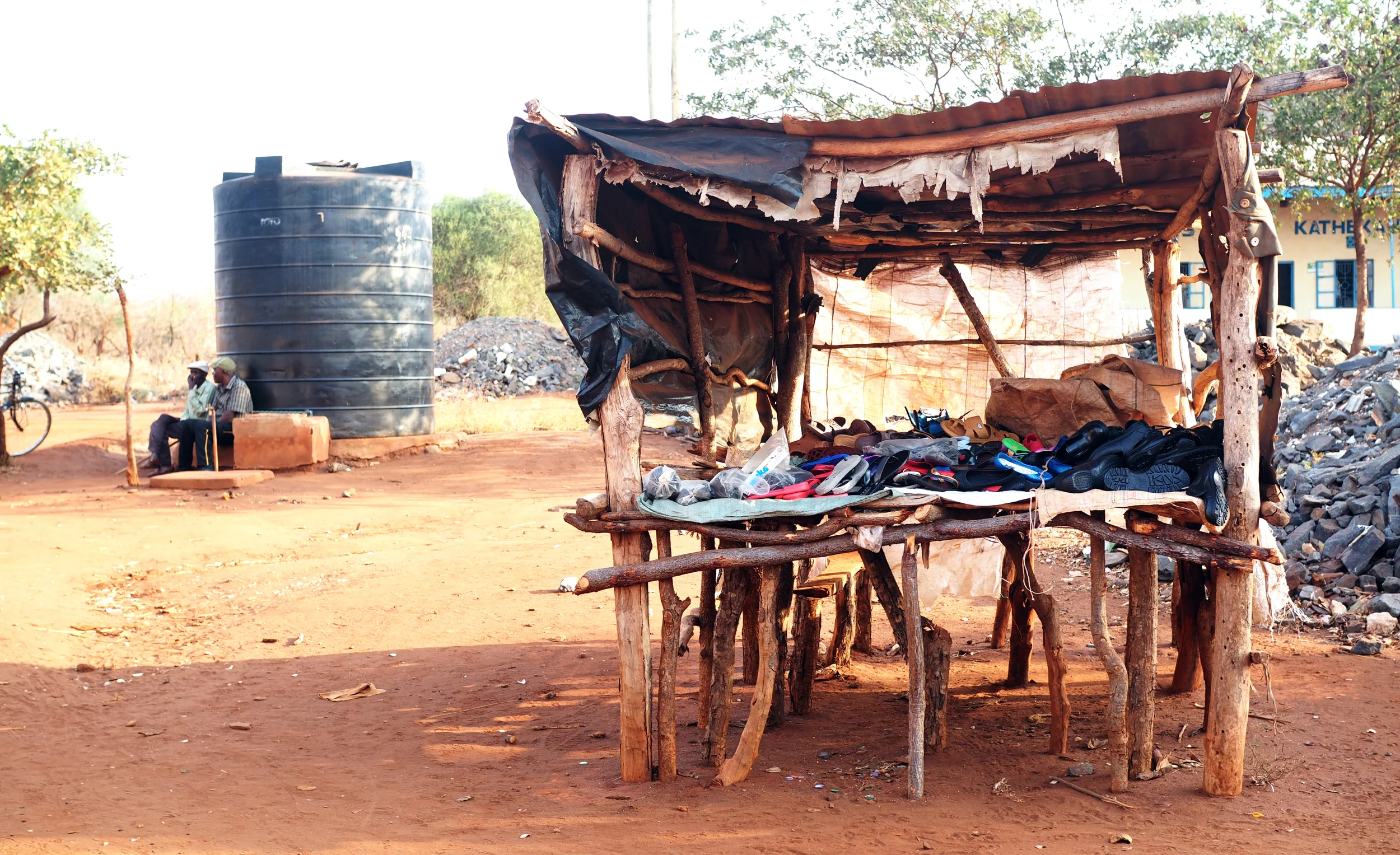
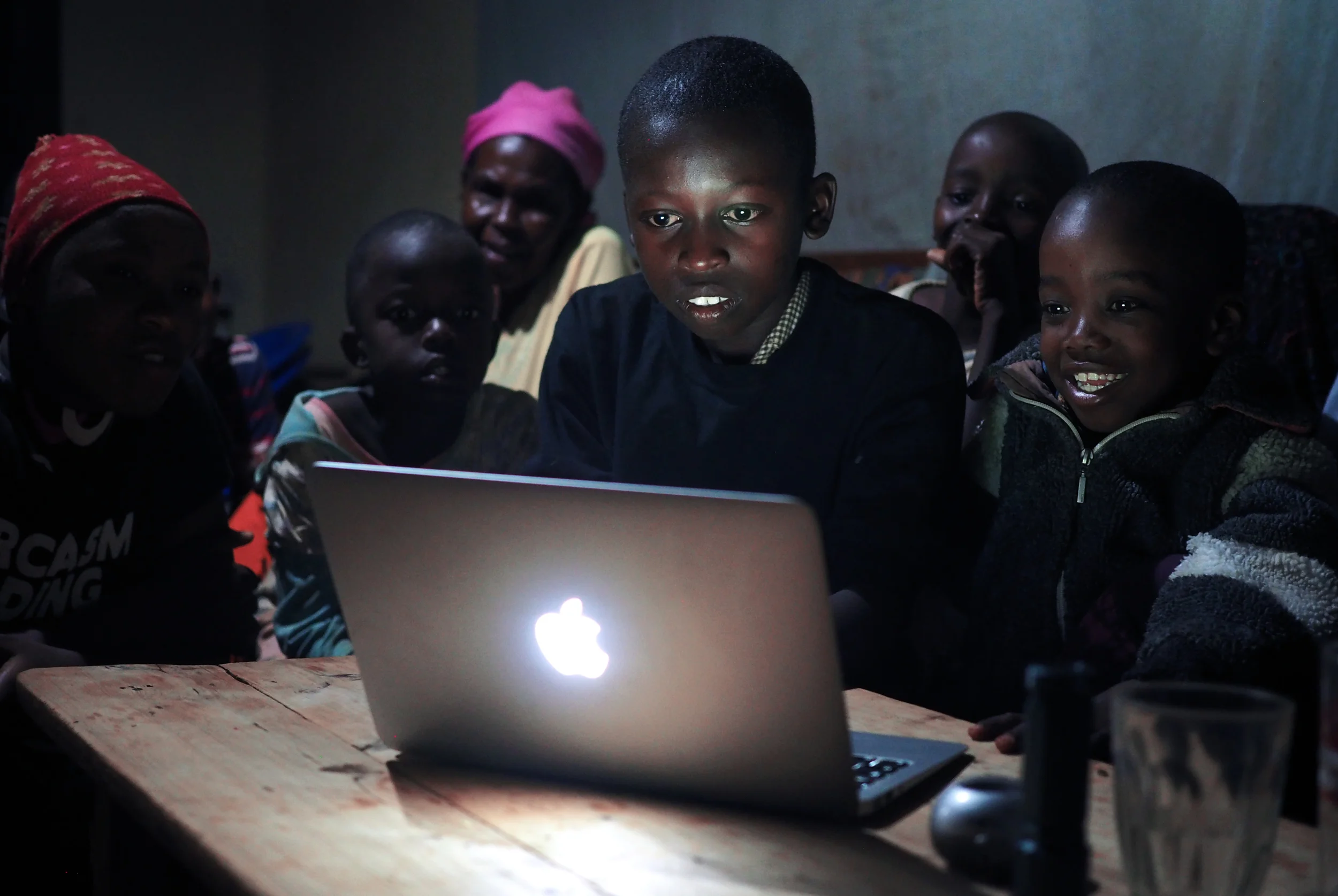

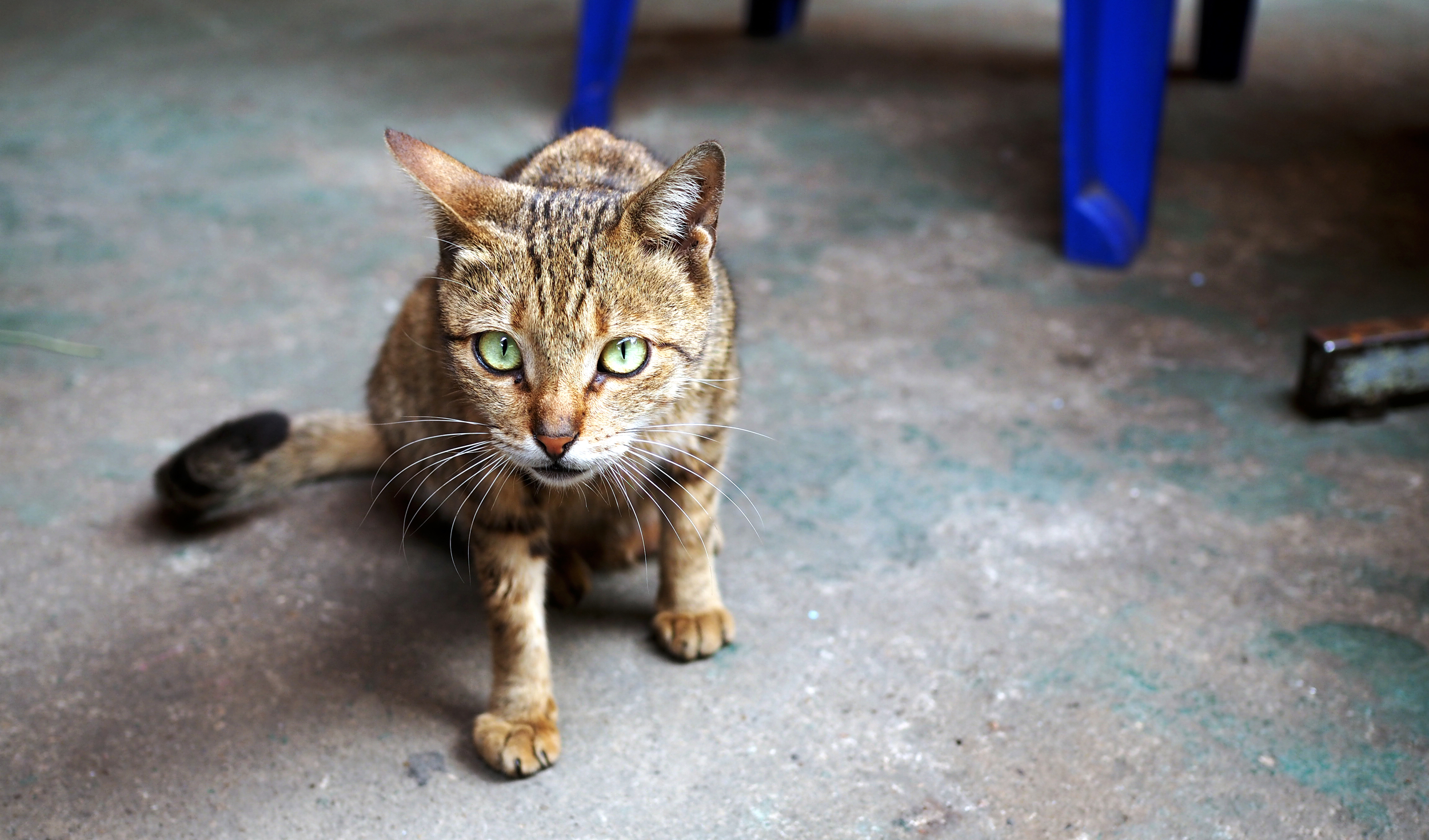

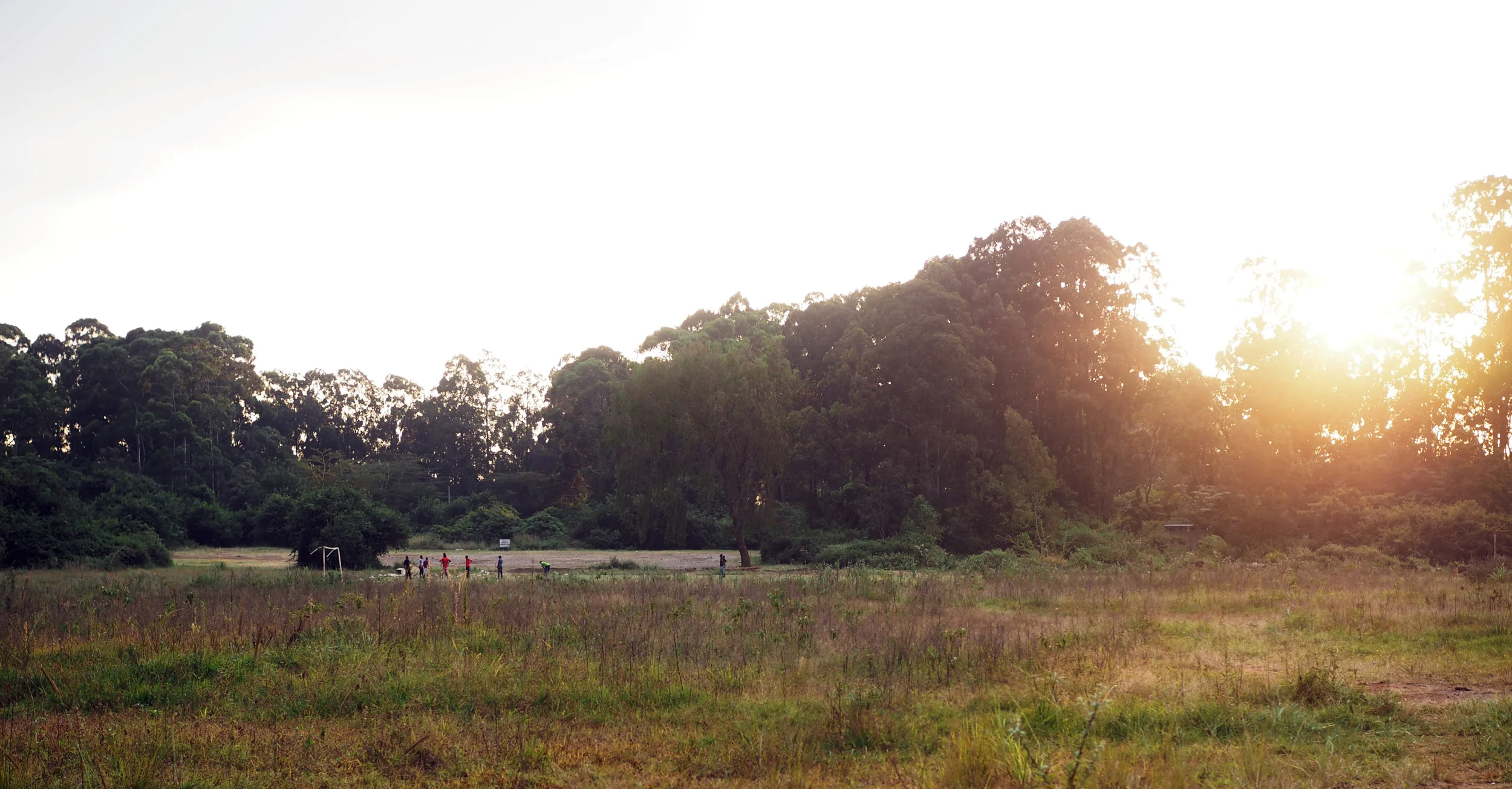


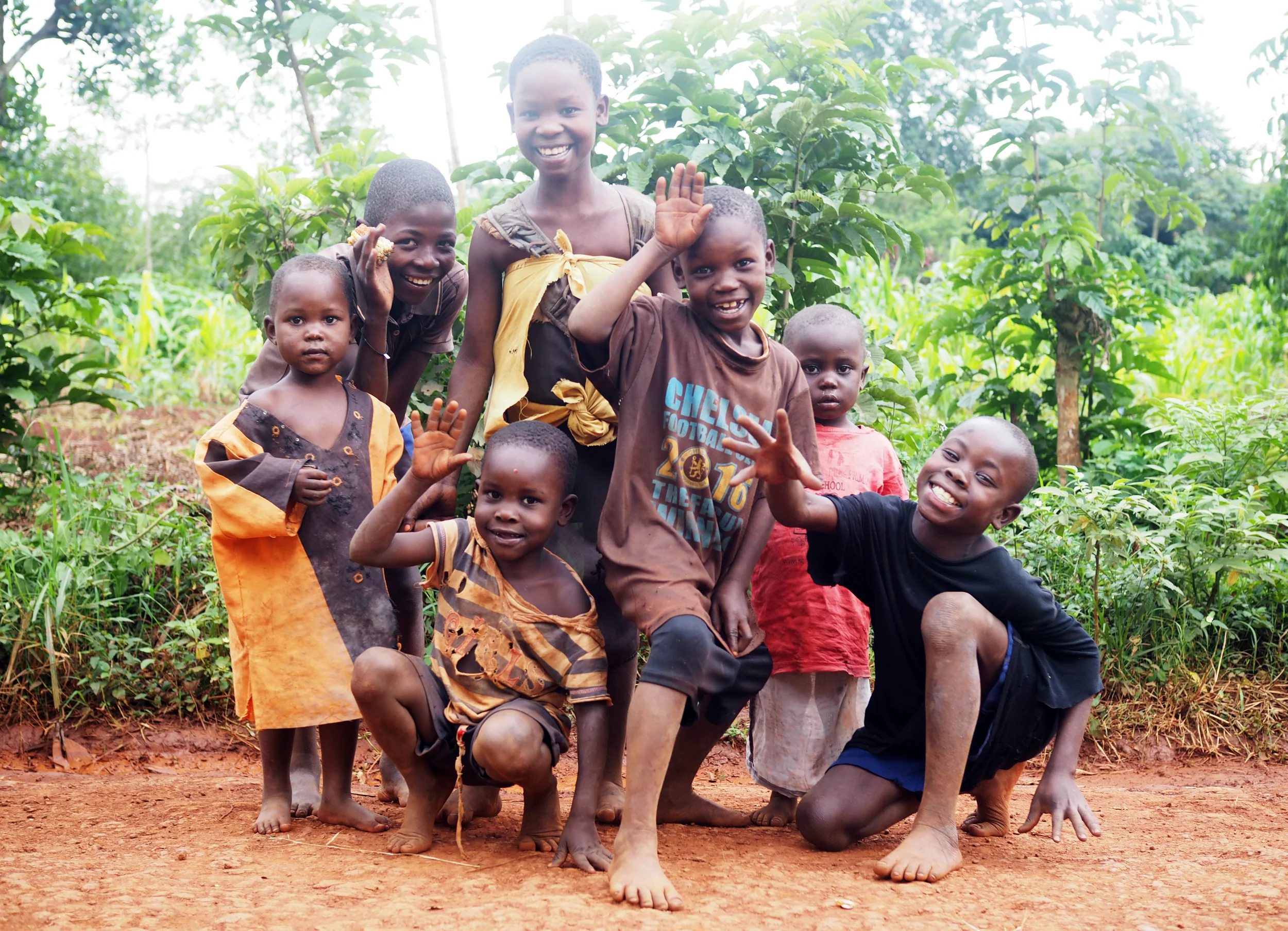
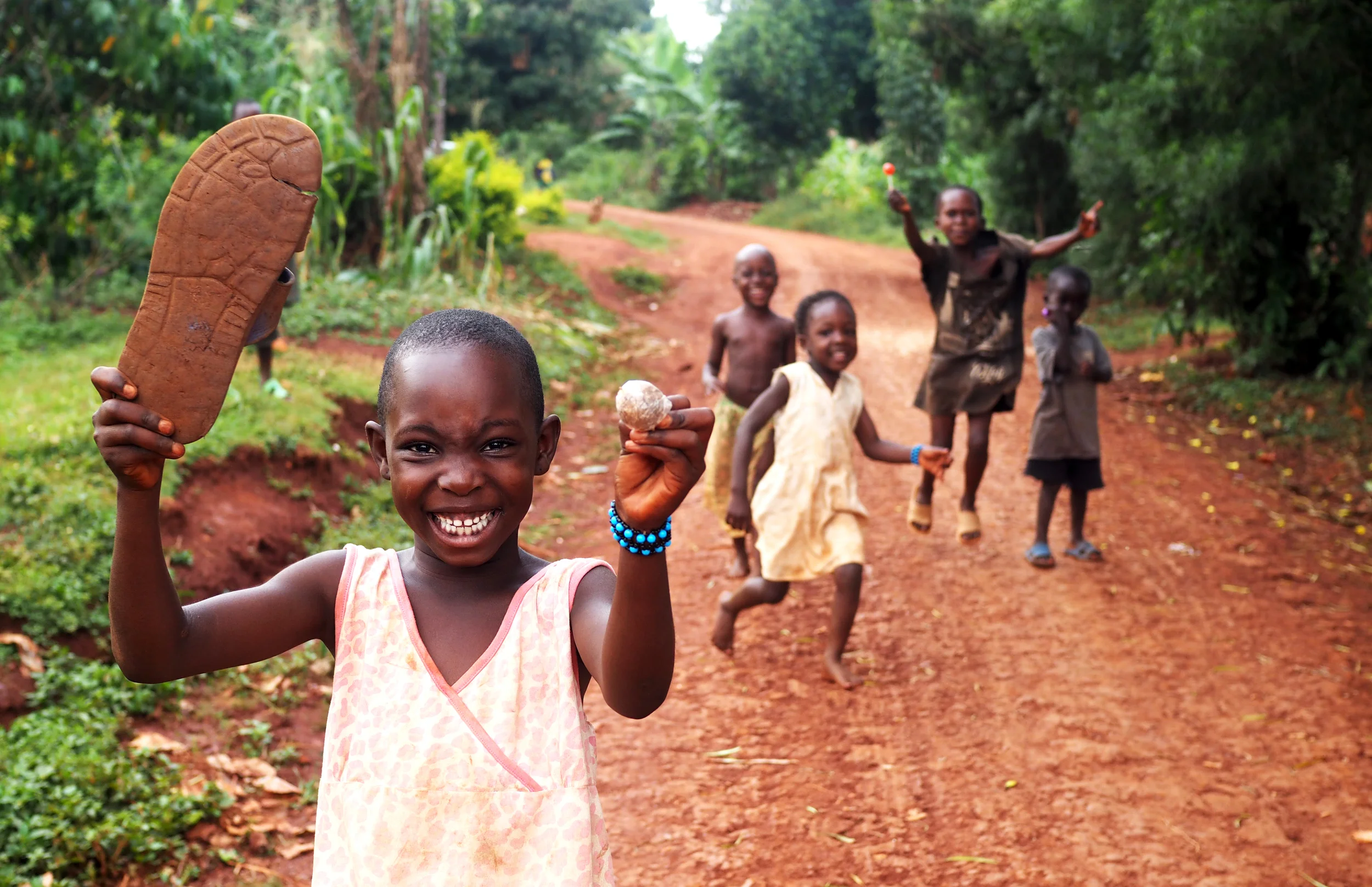
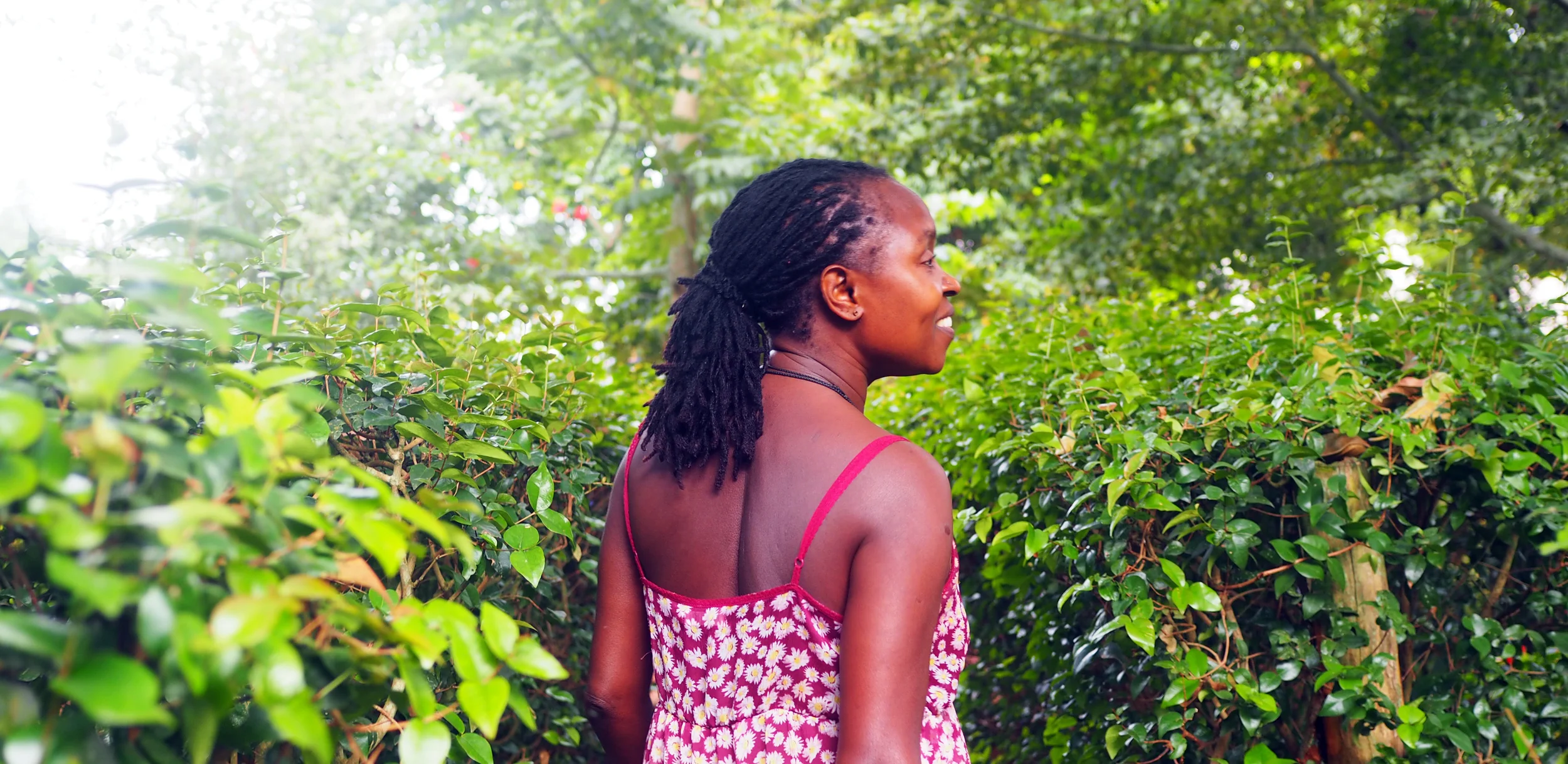

First day in Nairobi, and first matatu ride in the city. This video might not be the best way to show it, but even in the car on the way from the airport, my very first semi-coherent thought revolved around traffic and the flow of the road that I haven't quite picked up yet. It doesn't help that I've been driving (and walking) on the right for all my years in the US, while here, it's all about keeping left.
In the words of a friend -- "people walk where they can walk, people cross where they can cross. And yeah, it's crazy -- but there's always order in the chaos."

Whenever I get to a new city, the days are usually full from beginning to end. But for the first few days, our pace of exploration was a bit slower. One new adventure per day, starting easy and heading back before sun down. Takes a bit of getting used to.
Our friend gave us directions on how to get to the Nairobi Arboretum -- which involved taking a matatu, crossing the highway, and jumping over what she called a "bridge." (It was more like a roadside barrier.) The park was full of green and shade, and speckled with people on benches and on grass, reading books and chatting and existing. I don't have pictures doing justice for this one, so here's a picture of Ruby right before she realized I was taking a picture.

A picture taken while on the way to a user interview in Kawangware. We ended up sitting in a field on the side of the road, surrounded by Maasai cows grazing and passing by.

We were able to find a change of scenery pretty early on, catching an overnight bus from the city to spend a weekend in Kilifi. I guess it's possible to have withdrawals from the beaches of Los Angeles.

I'm beginning to realize that Nairobi as a city is big, but the circles within can be small. Three-quarters of the group in Kilifi were strangers to me before the day of the trip. But the funny truth is that we all shared one degree of connection, despite coming together from all corners of the world.

A while after sunset hour, it becomes dark enough for you to see the bright glow of plankton when you wave your hands through the water. Kind of like shimmering ocean confetti. I think some of my most memorable moments have been near water -- and in this case, the pairing of stars and bioluminescence did the trick.

Our friend Rick grew up in Mtito Andei, about four hours outside Nairobi in Machakos County. We visited with his family for a few days, and brought bubbles for the kids at home.

... plays bubbles with a little brother. For the full 12 seconds, check out the moment here.

Side story about this one: if you ever can't find him, check under the couch. You'll probably find him napping in the dark.

Standing in the entrance of the kitchen. And I believe this photo was taken by Rick.

If you look through our camera rolls from the weekend, you'll find many, many pictures taken from funny angles. The passcode on my phone was attempted so many times, that the lock screen required not only 5 minutes before trying again -- not 15, not 60. It gave an ultimatum of syncing to iTunes. Needless to say, it was a long, phone-less six-hour ride back to Nairobi -- in the middle seat, last row of the bus.

We had an expert guide and documenter accompanying us on the way to visit Mbeetwani Primary School.

Sitting with us in the school office -- you can see the insignia of his old uniform, before he retired from the city and moved back to Mtito.
As we walked throughout the day, he continued to unpack the problems he perceived -- especially around access to water. And, he explained to me why he believed it was difficult for the community to come together and coordinate change.
"I am poor, you are poor. I have no salt, you have no salt. Poor people cannot help each other. And so we live, with no salt."

Rick's father introduced us to his friend Julius, principal of the school. There are about 300 students across eight class levels at Mbeetwani Primary School.

The government recently declared primary school free in Kenya. What we've been learning is that "free" doesn't always mean free. Budgets issued to schools often cover only fractions of the resources needed. And so, students continue to pay school fees, in addition to uniforms and stationary.
What I found surprising -- this particular school had been established by members of the community, when existing buildings were deemed just too far. Parents pooled funds, built classrooms, and started the entire thing. When asking the principal about what community involvement looked like now -- he said that it had somewhat dissipated once education was declared "free." Because, what happens to the incentive to continue organizing if the government has promised to provide?

I guess home cooking is comforting wherever you go. Especially if you can't cook well, yourself.
There's a back-story to the bowl of chicken. According to Kamba tradition, when a girl visits her boyfriend's household, it's bad luck for the household to serve a hen, and for the son to eat it. So that day, Naomi had a great lunch -- while Rick went vegetarian for the day. (Or something like that. Disclaimer for this story -- my memory isn't always the best with details.)

I'm going to share a quote, from when we were all sitting at the bus station in town -- which is about 25 minutes away on a boda (a motorbike), but a few hours away on foot.
"Life is a funny thing. When we were younger, I remember we used to make the walk all the way here to sit on the side of the road and count cars. This [rest stop] didn't exist. It was so awesome. We had an excuse to come if we sold charcoal briquettes. You would tell everyone the day before that you're going to Mtito on the weekend. It was a famous thing, to go to Mtito."

To get to town (or at least one side of town), we walked 50 minutes toward the foot of the mountain in the distance. The dirt path that we took is even more red than the ground in this picture. And certain patches were especially powdery -- leaving our shoes a new shade of rusty pink.
This was the only photo I could take before my camera battery died. If you continue walking 10 minutes or so, you come across some huge construction projects -- a lot of Chinese investment coming in to build a train and logistics system.

Snapped this moment in the evening, when Rick pulled out his laptop for the kids to play a computer game. The computer made an appearance the night before as well, for the family's very first viewing of Rick's recent music video (which you can check out and show love for, right here.)

On the last morning, Rick's mother finally trusted us to try to make breakfast. Or at the very least, to roll out the chapatis and fry them. Here they are, before we took a rolling pin to the dough.

Saw this pile of desk chairs in the corner of a room, and just thought it was cool. This was at the University of Nairobi main campus, when scoping out the space in preparation for the Bike Share Makerthon during Nairobi Innovation Week. Here's the challenge brief on non-motorized transport and biking in Nairobi.

Grassy fields are good for soccer. Grassy fields are also good for bug bites. There are some really persistent mosquitos in this city.

Quartz Africa hosted the second Innovators Conference in Nairobi, putting the spotlight on groundbreaking thinkers and doers in Africa. A few favorites, from the speaker list:
Matsi Modise, managing director of Simodisa, provided an analysis of entrepreneurship in Africa, speaking to the importance of "localised entrepreneurs who look around their own communities for where they can make an impact ... We need people to see and have local heroes."
Ciiru Waweru, founder of FunKidz, emphasized the importance of teaching kids to answer their own questions; and shared an important perspective on manufacturing in Africa.
Wanuri Kahiu brings science fiction into her stories set in Africa, and blended words and ideas in the best kind of way during her presentation. Her talk is on the live stream at 2:00:00.
"So often in our lives, we have been written out of our histories. So we want to write our children into our futures so that we make sure that there is a place for them for when they come into imagining themselves in the future."

This is the Nile River. We caught another overnight bus to Uganda, this one 12 hours long. Somehow, I didn't realize that our group was planning to go white water rafting until a couple hours before the fact. But we did, and it was gorgeous, and we fell in the water a lot, and it was great.
You wouldn't imagine from this picture (which is from the next day while kayaking, anyway), but a storm came in from the horizon while we were rafting, and it started pouring rain and hail on the Nile. But once it passed, you could jump back into the river for a swim -- the water's warm.

Decided to go for a walk, and met these kids just a few minutes down the road. As always, kids love photos. Here's one of several group poses.

I've noticed kids tend to incorporate props when posing for their photo op -- flashing peace signs, showing you their mango, or in this case, waving up a flip flop.

Flo had a crafts & gifts stand within the grounds of the hostel, which is how I started talking with her and how I ended up joining her for breakfast at home the next morning. This is a snapshot as we walked toward the education centre and health clinic that had been set up by a nonprofit, around 1999.
It was a surprisingly beautiful, small campus -- and from what I gathered from Flo, their programming seems fairly comprehensive as well. We took a peek inside the education centre, which housed an auditorium and a computer lab, but only for a minute -- the team was busily getting ready to host a neighboring primary school for a school trip. As I learned, the curriculum for arts and computer literacy now attracts over 30 primary schools to visit on field trips.